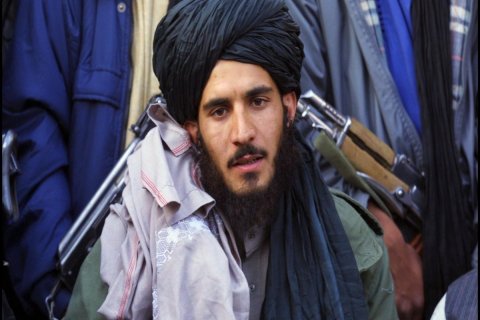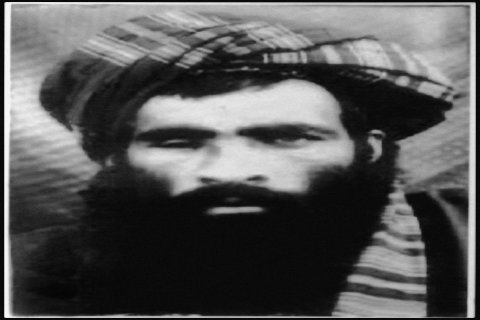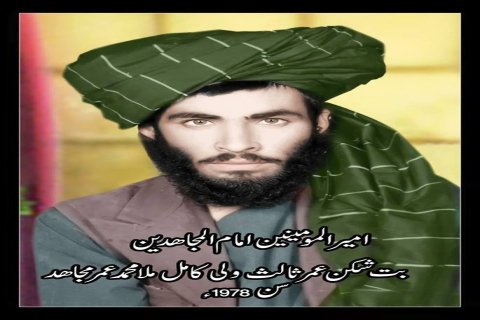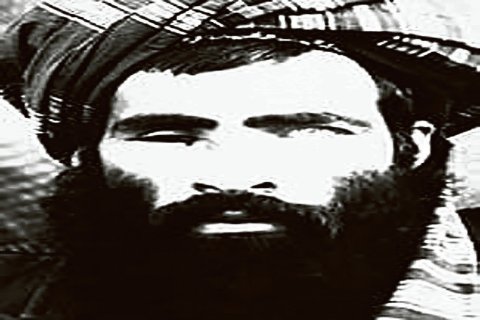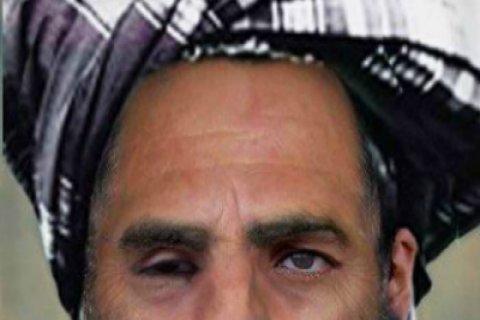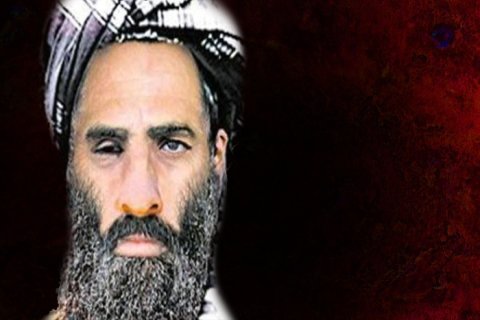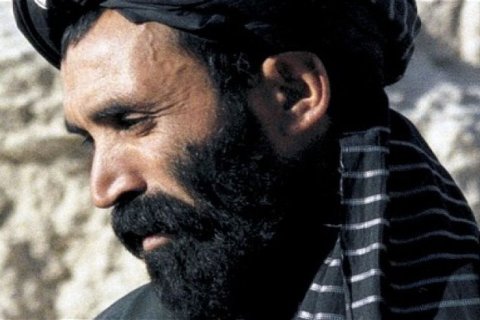Mullah Omar
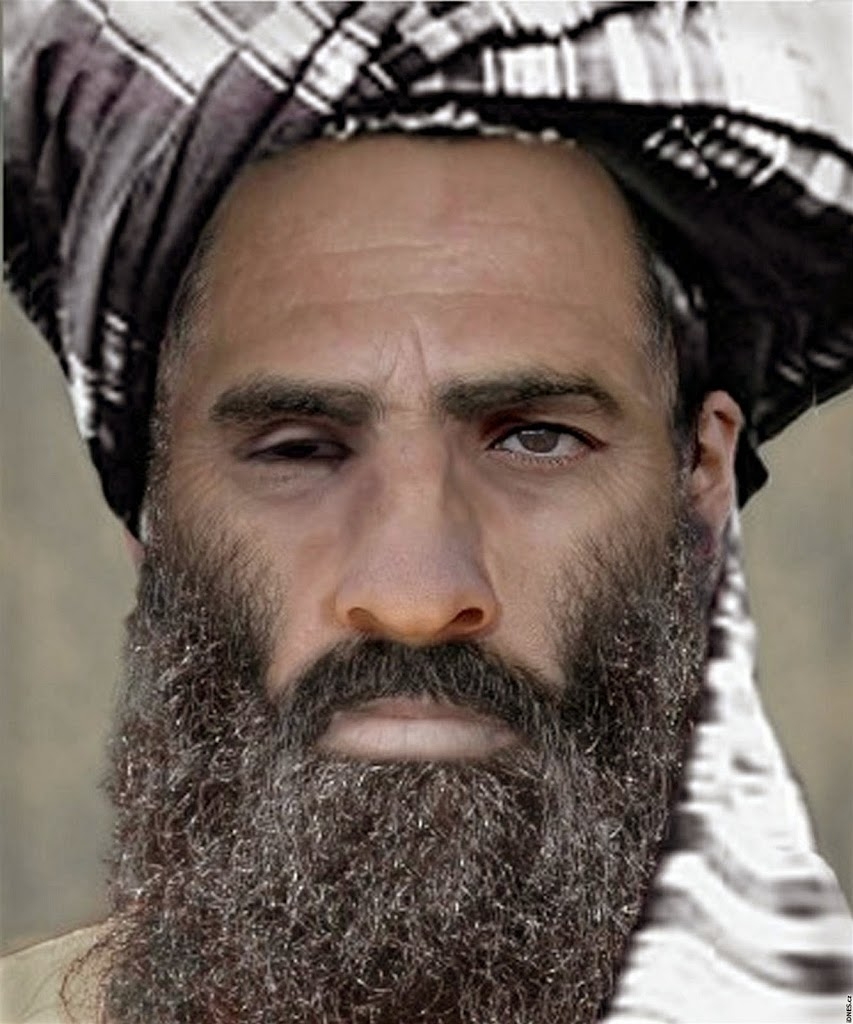
Mullah Omar (born 1959 or 1960, Nodeh, Afghanistan—died April 23, 2013), leader of the Taliban, the Islamic fundamentalist militia that ruled Afghanistan from 1996 to 2001. As supreme leader of the Taliban, he was also known as Amir al-Mu'minin (“commander of the faithful”).
Born into a poor family in Kandahar province, Omar joined the mujahideen resistance against the Soviet occupation of Afghanistan in the 1980s. He fought with distinction and lost an eye in battle. After the Soviet withdrawal in 1989, Omar returned to Kandahar and established an Islamic religious school (madrasa).
In 1994 he formed the Taliban, a group of Muslim students who sought to establish a strict Islamic government in Afghanistan. The Taliban quickly gained control of much of the country, and in 1996 they captured Kabul and established an Islamic emirate. Omar became the de facto ruler of Afghanistan, though he rarely appeared in public and was known as the “leader of the faithful.”
The Taliban regime was characterized by its strict interpretation of Islamic law. Women were required to wear the burqa, a garment that covers the entire body except for the eyes, and were forbidden from working or going to school. Men were required to grow beards and pray five times a day. The Taliban also banned music, television, and other forms of entertainment.
In 2001, the Taliban refused to hand over Osama bin Laden, the leader of al-Qaeda, to the United States after the September 11 attacks. In response, the United States invaded Afghanistan and quickly toppled the Taliban regime. Omar went into hiding, and he was never captured.
Omar’s death was confirmed by the Afghan government in July 2015. He had been suffering from tuberculosis and died in a Karachi hospital in April 2013. His death dealt a major blow to the Taliban, which had been struggling to regroup after the fall of its government.
Omar was a controversial figure who was both admired and reviled. He was seen by some as a religious leader who sought to establish a pure Islamic state, while others viewed him as a ruthless dictator who oppressed his people. His death marked the end of an era in Afghan history, and his legacy will continue to be debated for years to come.

